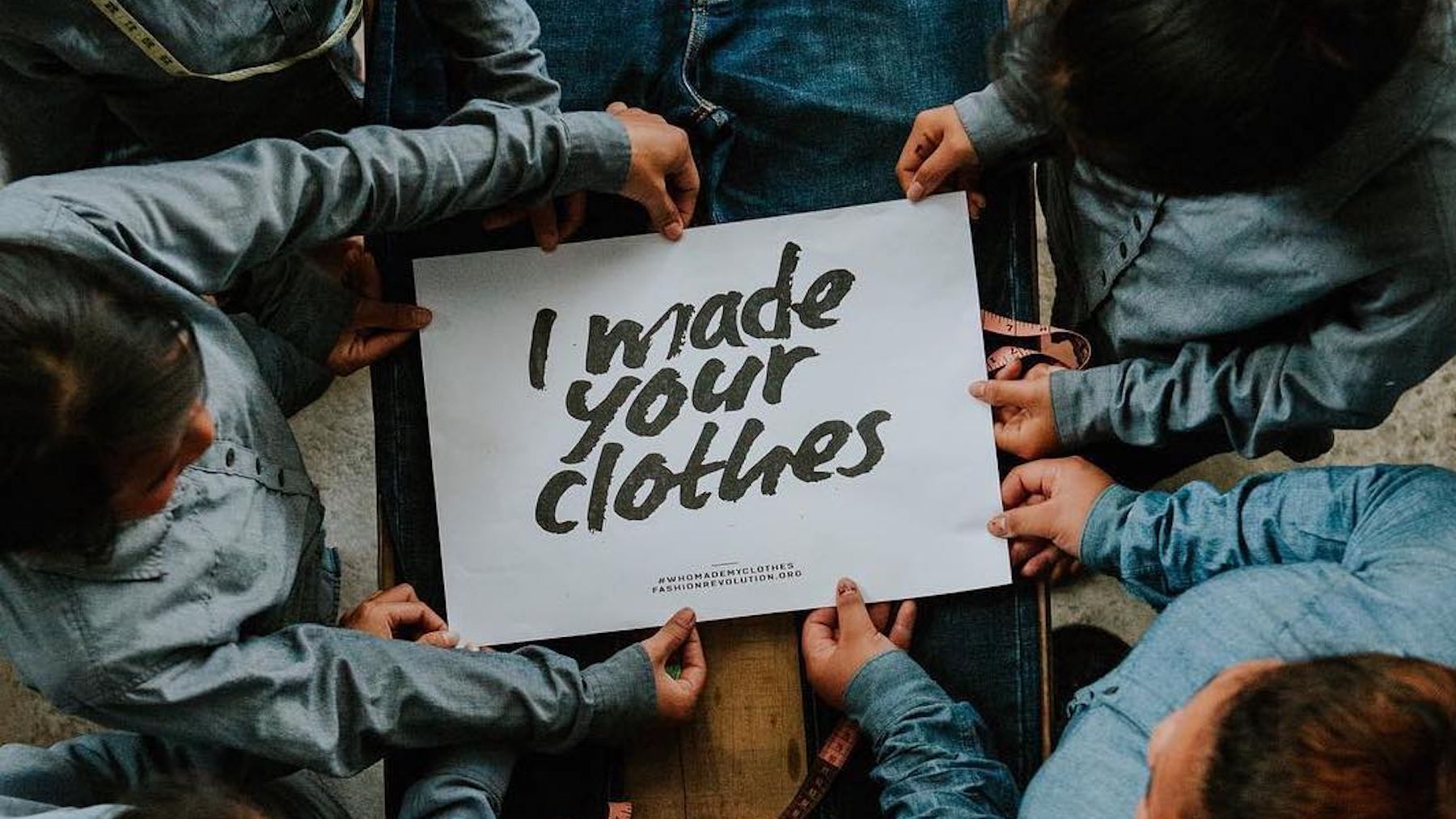
Despite high-profile commitments to curb environmental impact and improve human rights performance, how fashion is doing on sustainability initiatives largely remains a black box, according to this year’s Fashion Transparency Index.
The annual report from nonprofit advocacy group Fashion Revolution assesses 250 global fashion companies’ public disclosures on environmental and human rights matters, from purchasing practices to water pollution. Brands are scored out of a possible 250 points, which are then converted to percentages.
The average score recorded this year was 24 percent, with many brands still failing to disclose basic information about how they operate. Last year’s average score was 23 percent, though aspects of the report’s weighting and methodology have changed to emphasise the importance of demonstrating progress and monitoring, not just commitments.
Mass-market retailers OVS, Kmart Australia and Target Australia topped the Index, each scoring 78 percent thanks in part to comprehensive supplier list disclosures and evidence of due diligence and remediation efforts for environmental and human rights issues in their supply chains.
However, nearly a third of companies scored less than 10 percent, with 17 brands, including Tom Ford, Jil Sander and Fashion Nova, receiving a score of zero. Ultra-fast fashion giant Shein scored 2 percent, gaining some points for its policies, commitments and governance, but scoring no points at all for supplier disclosure and due diligence.
Even the leaders of the pack failed to disclose fundamental data points, creating a significant accountability gap and opportunity to greenwash, the report found.
For instance, 45 percent of brands have set time-bound targets to source more sustainable materials, but just 37 percent define what they mean by that. Similarly, only 15 percent of companies disclose annual production volumes, a basic but important metric to understand impact. Even fewer share figures on the pre- and post-consumer waste they generate (10 and 8 percent, respectively).
While supplier traceability and disclosure is gradually improving across the supply chain, key evidence of responsible supply chain management is less available, the report found. Just 4 percent of companies disclose how many workers are paid a living wage, and 6 percent share how many workers are paying fees to recruiters, which the International Labour Organisation identifies as a significant indicator of forced labour.
“Even for the highest scoring brands, we still see a huge lack of transparency on really core issues,” said Liv Simpliciano, policy and research manager at Fashion Revolution. “They’re disclosing much less [of the] information … that’s really required to hold brands accountable.”
The findings align with The BoF Sustainability Index 2022, which found companies’ public disclosures provide little evidence of meaningful progress in curbing labour abuses and climate impact.
Growing regulatory scrutiny — from crackdowns on green marketing claims to legislation on supply chain due diligence and extended producer responsibility — is a “sorely needed” push to get the fashion industry to become more transparent, said Simpliciano. But regulation is not the only answer. Consumers and investors also play an influential role in demanding better disclosure from brands, she added.
The industry itself — notoriously secretive and competitive — also needs to change its attitude towards public disclosure, which Simpliciano says can be a valuable force for improving business practices in the long term
“Transparency is the antidote to greenwashing,” she said. “Scrutiny might sound like a scary thing [for brands], but it’s actually a capacity-building exercise.” Ultimately, it is this accountability that drives change.
For more BoF sustainability coverage, sign up now for our new Weekly Sustainability Briefing by Sarah Kent.


